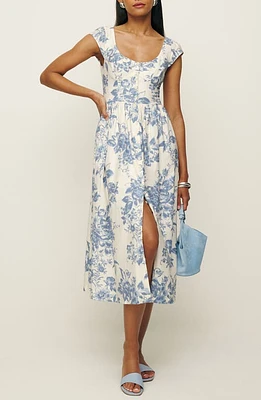Home
John Lyly: The Humanist as Courtier
Barnes and Noble
John Lyly: The Humanist as Courtier
Current price: $160.00


Barnes and Noble
John Lyly: The Humanist as Courtier
Current price: $160.00
Size: Hardcover
Loading Inventory...
*Product information may vary - to confirm product availability, pricing, shipping and return information please contact Barnes and Noble
First published in 1962,
John Lyly
marks a shift from the traditional focus on John Lyly as the originator of the strange stylistic craze called
Euphuism
, and as the dramatist from whose plays Shakespeare deigned to borrow some of his earliest and least attractive comic devices to an author whose works are excellent in themselves. Critics have suggested that an independent reading of
Euphues
, and more especially of the plays, reveals an attractive delicacy of wit and a refined power of linguistic filigree quite independent of his influence on others or his capacity to illustrate the curious tastes of our forefathers. The eight plays – his most mature artistic achievements – are analysed in detail to bring out their relation to the tradition of court drama. A final chapter compares Lyly and Shakespeare in an attempt to show in operation the different traditions which the book has discussed. This book will appeal to students of English literature, drama and literary history.
John Lyly
marks a shift from the traditional focus on John Lyly as the originator of the strange stylistic craze called
Euphuism
, and as the dramatist from whose plays Shakespeare deigned to borrow some of his earliest and least attractive comic devices to an author whose works are excellent in themselves. Critics have suggested that an independent reading of
Euphues
, and more especially of the plays, reveals an attractive delicacy of wit and a refined power of linguistic filigree quite independent of his influence on others or his capacity to illustrate the curious tastes of our forefathers. The eight plays – his most mature artistic achievements – are analysed in detail to bring out their relation to the tradition of court drama. A final chapter compares Lyly and Shakespeare in an attempt to show in operation the different traditions which the book has discussed. This book will appeal to students of English literature, drama and literary history.


















